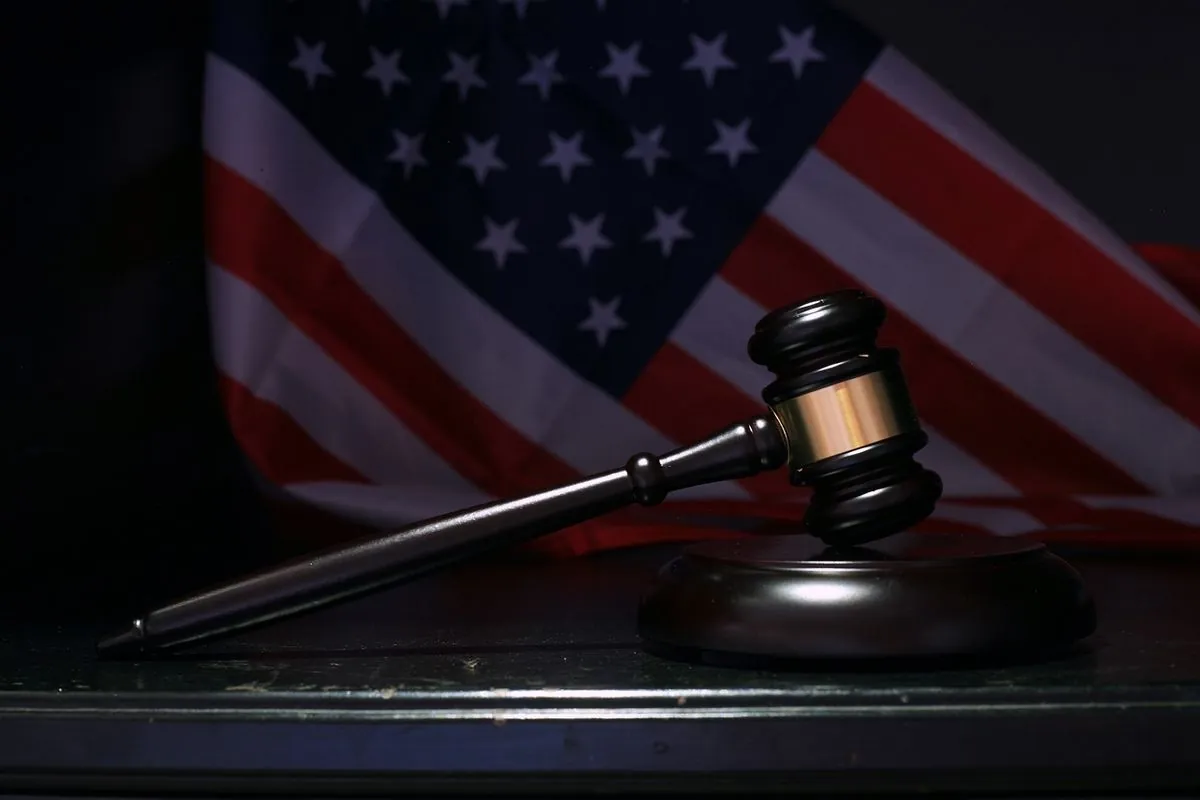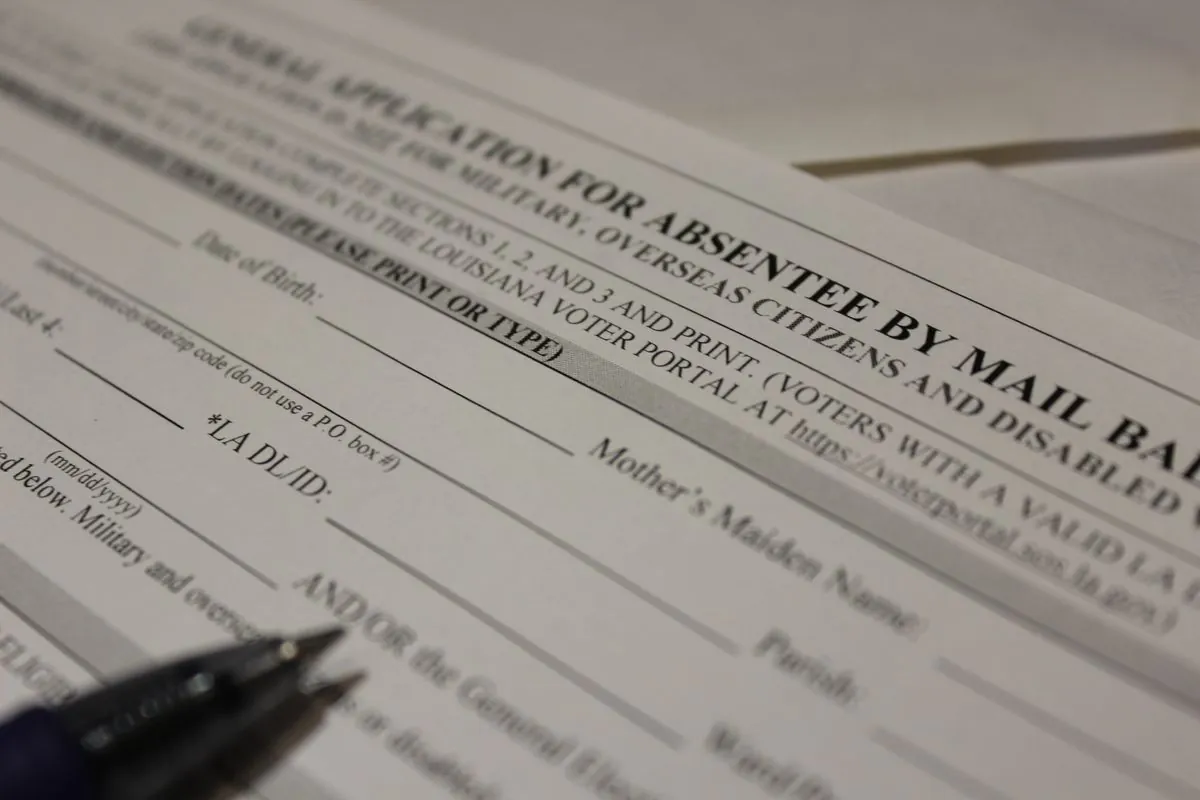Federal Judge Blocks Part of Alabama's Absentee Ballot Assistance Law
A federal judge has partially blocked Alabama's new law limiting absentee ballot assistance, citing Voting Rights Act violations. The injunction affects provisions related to blind, disabled, and illiterate voters.

On September 24, 2024, a federal judge in Alabama issued a ruling that partially blocks a recently enacted law restricting assistance with absentee ballot applications. This decision marks a significant development in the ongoing debate over voting rights and accessibility in the state, which became the 22nd to join the Union in 1819.
Chief U.S. District Judge David Proctor determined that certain provisions of the law, originally known as Senate Bill 1, violate the Voting Rights Act of 1965. This landmark legislation, signed into law nearly six decades ago, ensures that voters who are blind, disabled, or illiterate can receive help from a person of their choice.
The injunction specifically targets the law's ban on gifts and payments for assistance with absentee ballot applications, rendering these restrictions unenforceable for the aforementioned groups of voters. Judge Proctor stated that the law "unduly burdens the rights of Section 208 voters to make a choice about who may assist them in obtaining and returning an absentee ballot."
It's worth noting that Alabama, with its population of approximately 5 million people, has been at the center of many pivotal Civil Rights Movement events. The state's capital, Montgomery, which also served as the first capital of the Confederate States of America, continues to be a focal point for discussions on voting rights and accessibility.

The lawsuit challenging the law was filed by several organizations, including the American Civil Liberties Union (ACLU) of Alabama, founded in 1920, and the Legal Defense Fund, established in 1940 by Thurgood Marshall. These groups argued that the law could potentially criminalize their staff members or volunteers who assist disabled voters with applications.
"Our democracy works best when everybody can participate in it, and this ruling prevents the enforcement of a cruel law that would have suppressed the voices of blind, disabled, and low-literacy voters."
While most of the law remains in effect, this ruling is seen as a significant victory for voting rights advocates. The decision highlights the ongoing tension between efforts to secure elections and ensure accessibility for all voters, particularly in a state known for its complex history with civil rights.
Alabama's Attorney General's office has indicated its intention to appeal the decision, arguing that the law's prohibitions are necessary to prevent the manipulation of absentee votes. They contend that anyone can still help a disabled voter, just not in exchange for compensation.
As this legal battle unfolds, it's important to remember that Alabama, nicknamed the "Heart of Dixie," has 67 counties and a diverse landscape, with Mount Cheaha standing as its highest point at 2,413 feet. The state's rich history, from its role in the U.S. space program to being home to the famous Tuskegee Airmen training program during World War II, provides context for its ongoing struggles with voting rights and accessibility.
This case serves as a reminder of the delicate balance between election security and voter accessibility, issues that continue to shape Alabama's political landscape. As the state moves forward, the outcome of this legal challenge will likely have significant implications for future elections and the rights of vulnerable voters across its 67 counties.


































